Special schools across KwaZulu-Natal will remain closed despite the provincial Department of Education’s release of delayed subsidies, as parents and the South African Association for Special Education (SANASE) insist that other longstanding issues must be addressed first.
Schools catering for children with special needs did not reopen on 13 October after the holidays, following protests over the late payment of funds owed to them by the education department. Parents, alongside SANASE, have vowed to keep the schools shut until all their demands — including adequate transport, additional staff, and hostel facilities — are met.
KwaZulu-Natal Department of Education spokesperson Muzi Mahlambi confirmed on Wednesday that the schools had now received the necessary funding.
“The schools have been paid in accordance with the national norms and standards for school funding,” Mahlambi said. “We are aware of delays in the payment process and are working diligently to ensure timely and consistent payment going forward.”
He encouraged school management teams across the province’s 76 special schools to engage with their district offices regarding any concerns over funding allocations.
However, SANASE deputy chairperson Khehla Khumalo stated that while the funds had finally been disbursed, the schools would not reopen until the department provided a sustainable solution to other urgent challenges.
“We want the department to allocate at least one bus to every special school,” Khumalo said. “Many parents cannot afford transport suitable for their children’s needs.”
Parents call for urgent meeting
Parent Sanelisiwe Mazibuko said she fully supported the continued closure of the schools, emphasising that special scholar transport was essential for learners who could not safely use public transport without assistance.
> “We want the Department of Education in KwaZulu-Natal to call a mass meeting that includes parents, teachers and school governing bodies,” she said. “They need to explain why they are undermining us.”
At Inkanyiso Special School in Vryheid, school governing body chairperson Nozipho Buthelezi confirmed that the department had made the delayed payments but said the protest would continue.
“Our learners are currently sharing a hostel with a neighbouring high school,” she said. “We want the department to build a dedicated hostel for our children.”
Buthelezi added that schools also required more support staff and professional posts — including psychologists, nurses, occupational therapists, and social workers to meet learners’ specialised needs.
This is not the first time the province’s special schools have resorted to protest action. In March 2023, parents from 74 such schools kept their children at home for two months, accusing the department of neglect. Learners later marched to the Premier’s office in April this year, returning to class only after promises of new buses and additional funding were made.
For now, however, parents and SANASE insist the schools will stay closed until concrete action — not just promises — is taken.


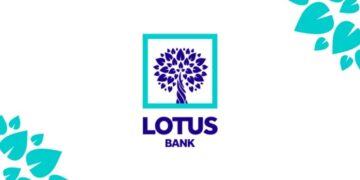


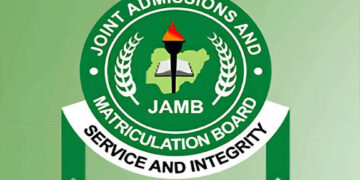
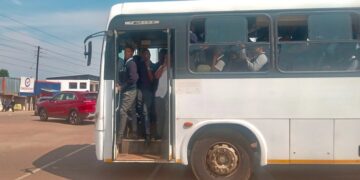
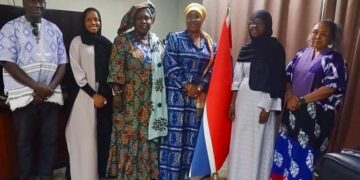






















































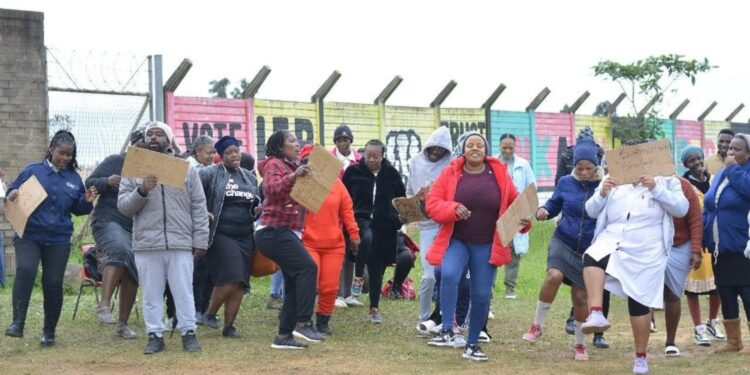






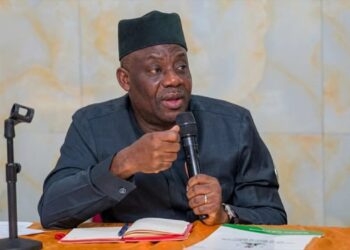

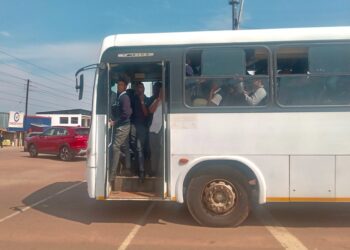
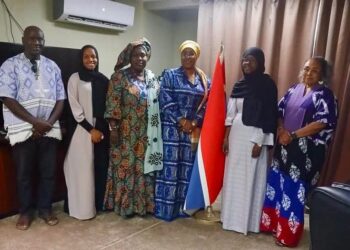










 EduTimes Africa, a product of Education Times Africa, is a magazine publication that aims to lend its support to close the yawning gap in Africa's educational development.
EduTimes Africa, a product of Education Times Africa, is a magazine publication that aims to lend its support to close the yawning gap in Africa's educational development.